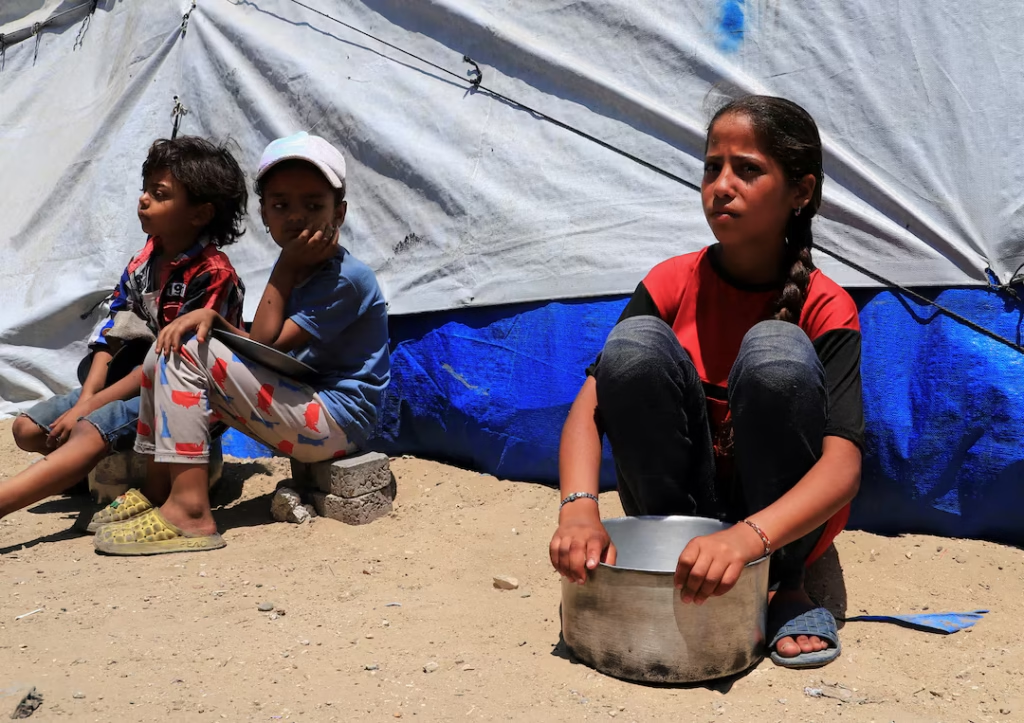The United Nations has issued a dire warning as extreme hunger surges across 13 global hotspots, placing millions at immediate risk of famine. The latest Hunger Hotspots report, released jointly by the UN Food and Agriculture Organization (FAO) and World Food Programme (WFP), highlights Gaza, Sudan, South Sudan, Haiti, and Mali as the most critically affected regions.
According to the report, conflict, economic instability, and climate-related disasters are the leading drivers of this deepening crisis. The agencies predict escalating food emergencies over the next five months and are urgently calling for international support to deliver aid and sustain agricultural production amid growing insecurity and funding shortages.
“This report is a red alert. We know where hunger is rising and who is at risk,” said Cindy McCain, WFP Executive Director. “Without funding and access, we cannot save lives.”
Snapshot of the Crisis:
- Sudan: Conflict has pushed nearly 25 million people toward food insecurity. Famine was officially declared in 2024 and conditions remain severe.
- South Sudan: Flooding and political instability threaten 7.7 million people, with 63,000 already facing famine-like conditions.
- Gaza: Continued Israeli military actions and blockades have pushed the entire population of 2.1 million into acute food insecurity, with nearly 500,000 at risk of famine by September.
- Haiti: Gang violence has displaced thousands, leaving 8,400 in catastrophic hunger.
- Mali: Ongoing conflict and soaring grain prices could put 2,600 people at risk of starvation by August.
Additional countries on the high-risk list include Yemen, Democratic Republic of the Congo, Myanmar, and Nigeria.
In contrast, nations such as Ethiopia, Kenya, and Lebanon have shown signs of recovery and have been removed from the high-alert category.
FAO Director-General QU Dongyu stressed the importance of sustaining food production even under crisis conditions. “Protecting people’s farms and animals so they can keep producing food, even in the harshest conditions, is not just urgent—it’s essential,” he said.

